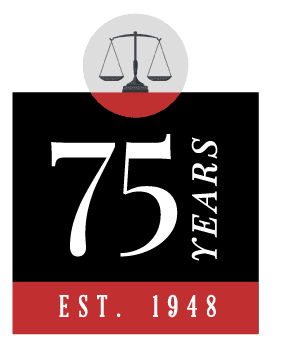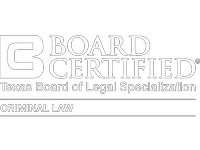Utilizing a two-pronged defense, Chuck Lanehart this month successfully obtained a dismissal of a DWI case for a young college student. The student was involved in a traffic accident, and police obtained a search warrant to obtain the student’s blood to be analyzed for alcohol content.
A DWI Charge Affects the Rest of Your Life
All it takes is a night out, which can lead to the serious consequence of being charged with Driving While Intoxicated (“DWI”). A DWI arrest can affect your future, including your job, your finances and your family. Whether it is your first DWI or your third, Chappell, Lanehart & Stangl will defend you aggressively and effectively.
Choose a DWI Attorney Focused on Your Case
Although it is a common criminal charge in Texas, there is not a template or outline to follow in defending someone charged with DWI. Avoid criminal defense attorneys that rush your case and avoid communication. They are likely focused on moving a case as quickly as possible, ignoring along the way the myriad issues that are unique to DWI defense. Remember, if you feel your attorney is not doing everything possible to help you, you can make a change and find a new attorney to represent you and give your case the attention it deserves.




